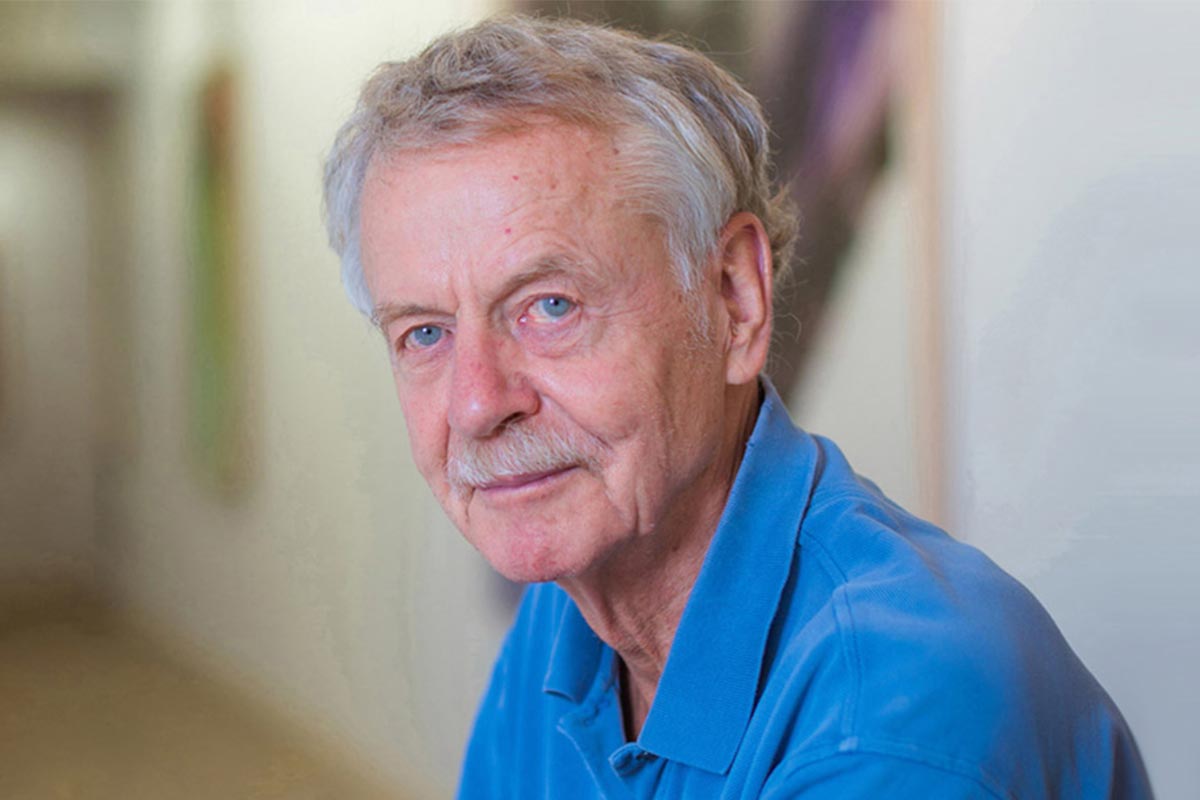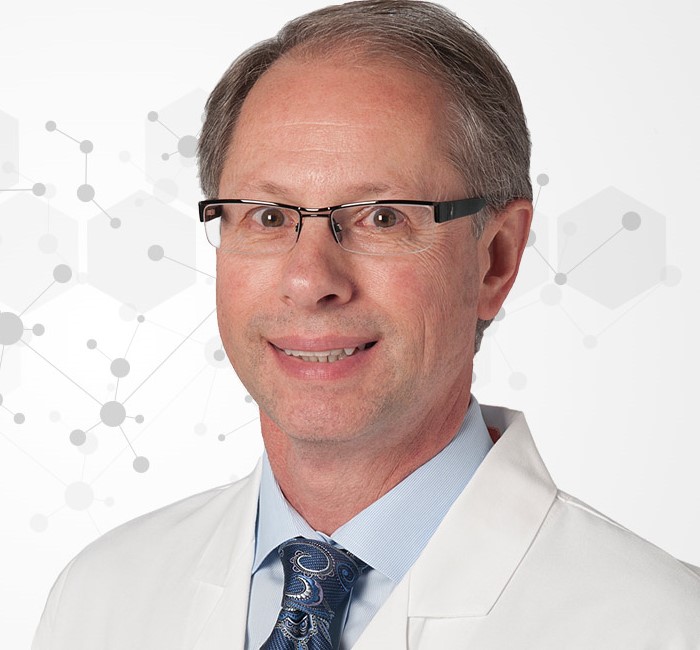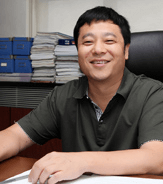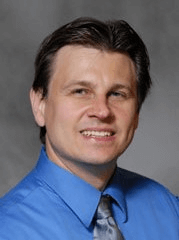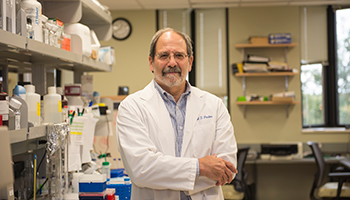Rudolf Jaenisch, M.D., Ph.D.
Rudolf Jaenisch is a Professor of Biology at MIT and a founding member of the Whitehead Institute for Biomedical Research. He is a pioneer of transgenic science in which an animal’s genetic makeup is altered. Rudolf Jaenisch has focused on creating genetically modified mice to study cancer and neurological diseases.
His current research passion lies in the epigenetic regulation of gene expression, which has led to major advances in creating human embryonic stem cells (hESC) and induced pluripotent stem (iPS) cells, as well as their therapeutic applications. Additional research focuses on the epigenetic mechanisms involved in cancer and brain development.
Professor Jaenisch got his MD in 1967 from University of Munich. He holds numerous awards and honors including: 2001 Inaugural Genetics Prize of the Gruber Foundation, 2002 Robert Koch Prize, 2006 Max Delbrück Medal, 2007 Vilcek Prize in Biomedical Science, 2009 Ernst Schering Prize, 2010 National Medal of Science, 2011 Wolf Prize in Medicine, 2012 International Society for Stem Cell Research McEwen Innovation Award, 2013 Benjamin Franklin Medal in Life Science from the Franklin Institute, 2013 Passano Award, 2014 Otto Warburg Medal and 2015 March of Dimes Prize in Developmental Biology.

